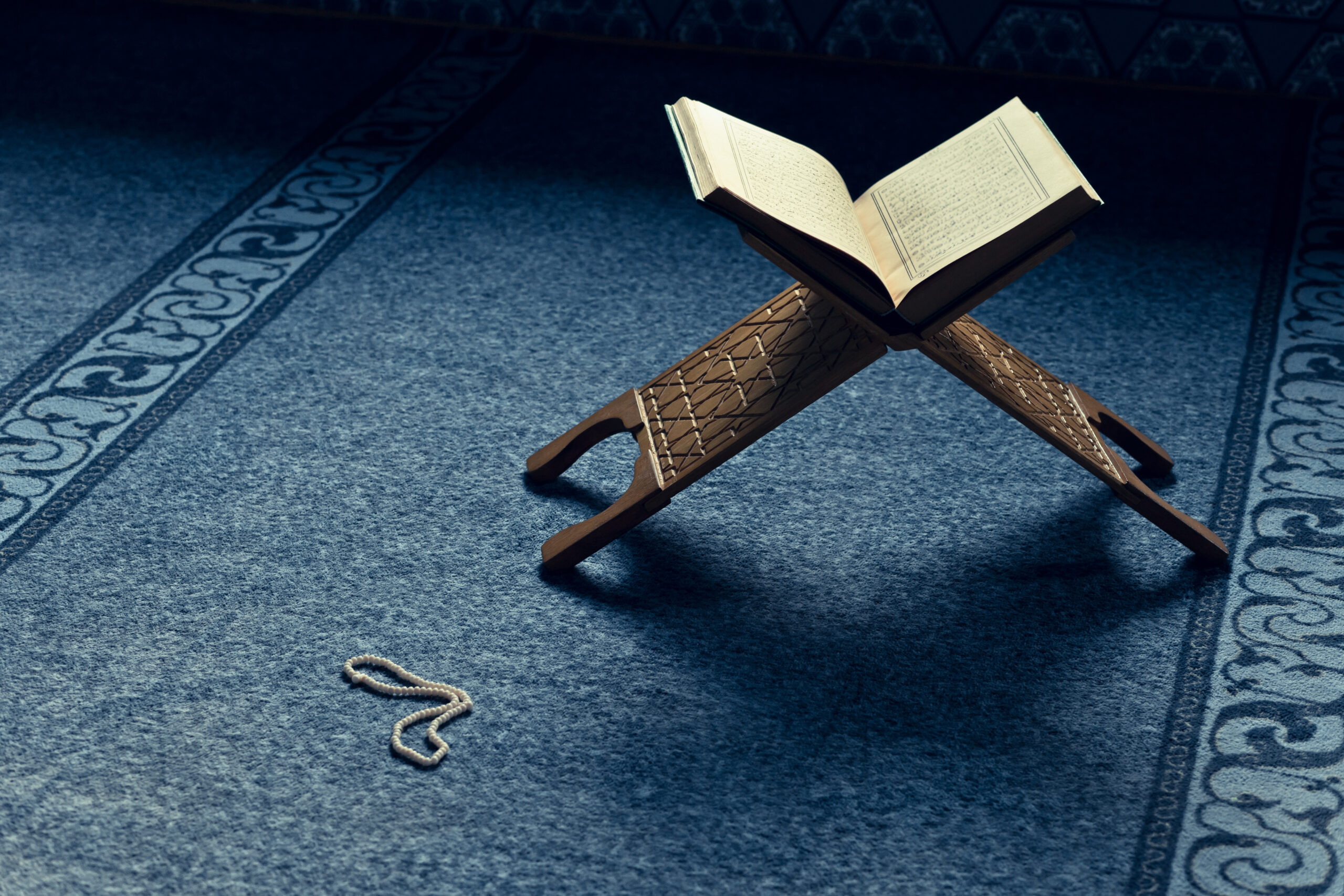“Indeed, those who believe and do righteous deeds and establish prayer and give Zakah will have their reward with their Lord, and there will be no fear concerning them, nor will they grieve.” [Qur’an 2:277]
This Quranic verse from Surah Al-Baqara teaches us much about the third pillar of Islam.
Firstly, it links belief in Allah with both prayer and Zakat. We see that these three things, do not exist independently. We are advised that if we believe in Allah, then we should support that with both regular prayers and yearly alms- giving. Secondly, we learn that if we do this, we will achieve not only a reward with Allah, but we will also have no need for fear or grief. Therefore, these acts have an impact on both our worldly state and our status in the afterlife.
Zakat is mentioned in thirty-two places in the Quran; however, for the finer detail on how much to pay, who is mandated to pay and who is eligible to receive we must look to the Sunnah of our beloved Messenger (SAW). The rules on Zakat can seem quite meticulous, but remember Islam came as a religion for all people, for all time.
Generally speaking, Zakat is a yearly payment of 2.5% on all of your wealth; so this could be money in savings, gold and silver jewellery owned, or cattle and livestock as some examples. If you own more than a specified amount, known as the nisab amount of wealth, you are eligible to pay Zakat. The nisab was set by the Prophet Mohammad (SAW) at a rate equivalent to 87.48 grams of gold and 612.36 grams of silver. Due to fluctuations in currency, it is important to find out what the monetary equivalent is, at the time your Zakat is due.
Alhamdulillah paying Zakat today is very easy. There are an abundance of online zakat calculators, which can be found through Islamic charities and will guide you through what is considered wealth and any subtractions you need to make. They are free to use and there is no obligation to give your Zakat to that particular charity.
Remember though, your Zakat will be due yearly according to the lunar calendar. If you began paying last year on the 3rd of Ramadan that is when it will be due again, so it is useful to make a note of the date. In addition, many people like to begin paying their Zakat during more blessed months of the year, when rewards are known to be multiplied. This could be during the month of Ramadan or the days of Dhul-Hijjah.
“The Believers, men and women, are protectors one of another: they enjoin what is just and forbid what is evil: they observe regular prayers, pay their Zakat and obey Allah and His Messenger. On them will Allah pour His Mercy: for Allah is Exalted in power, Wise.” [Quran 9:71].
